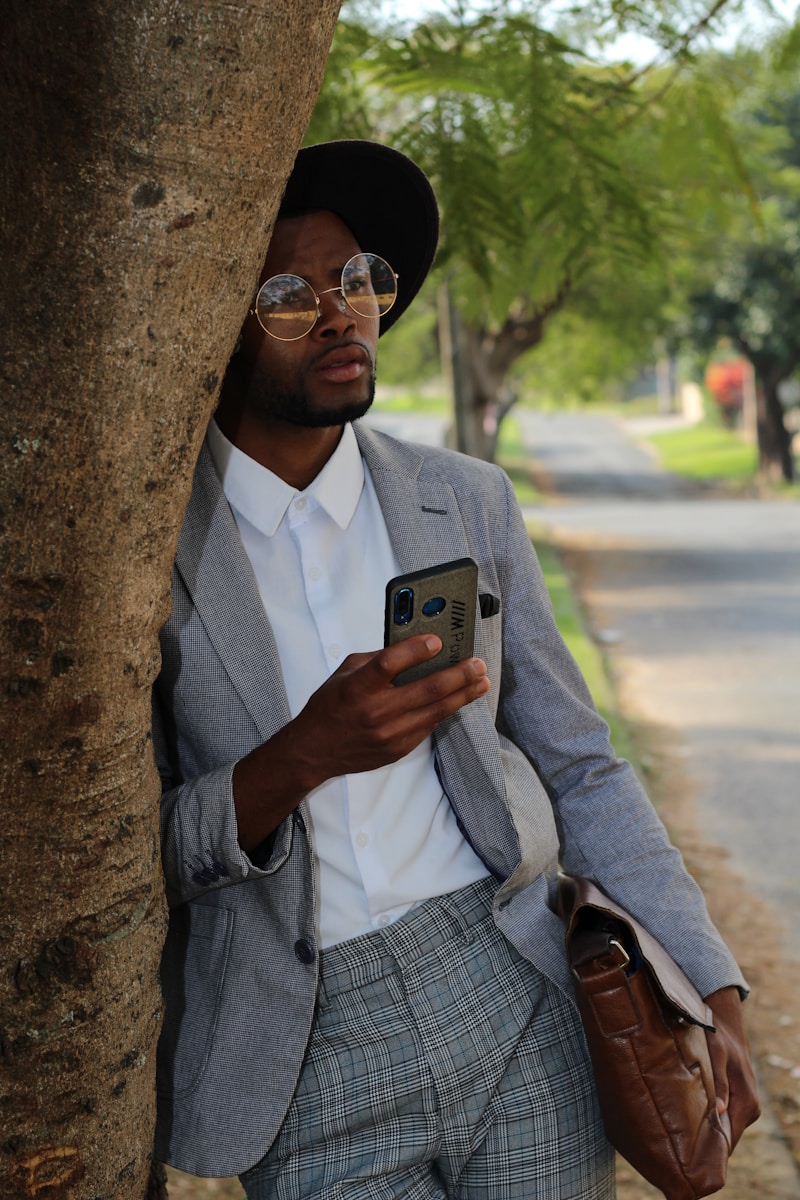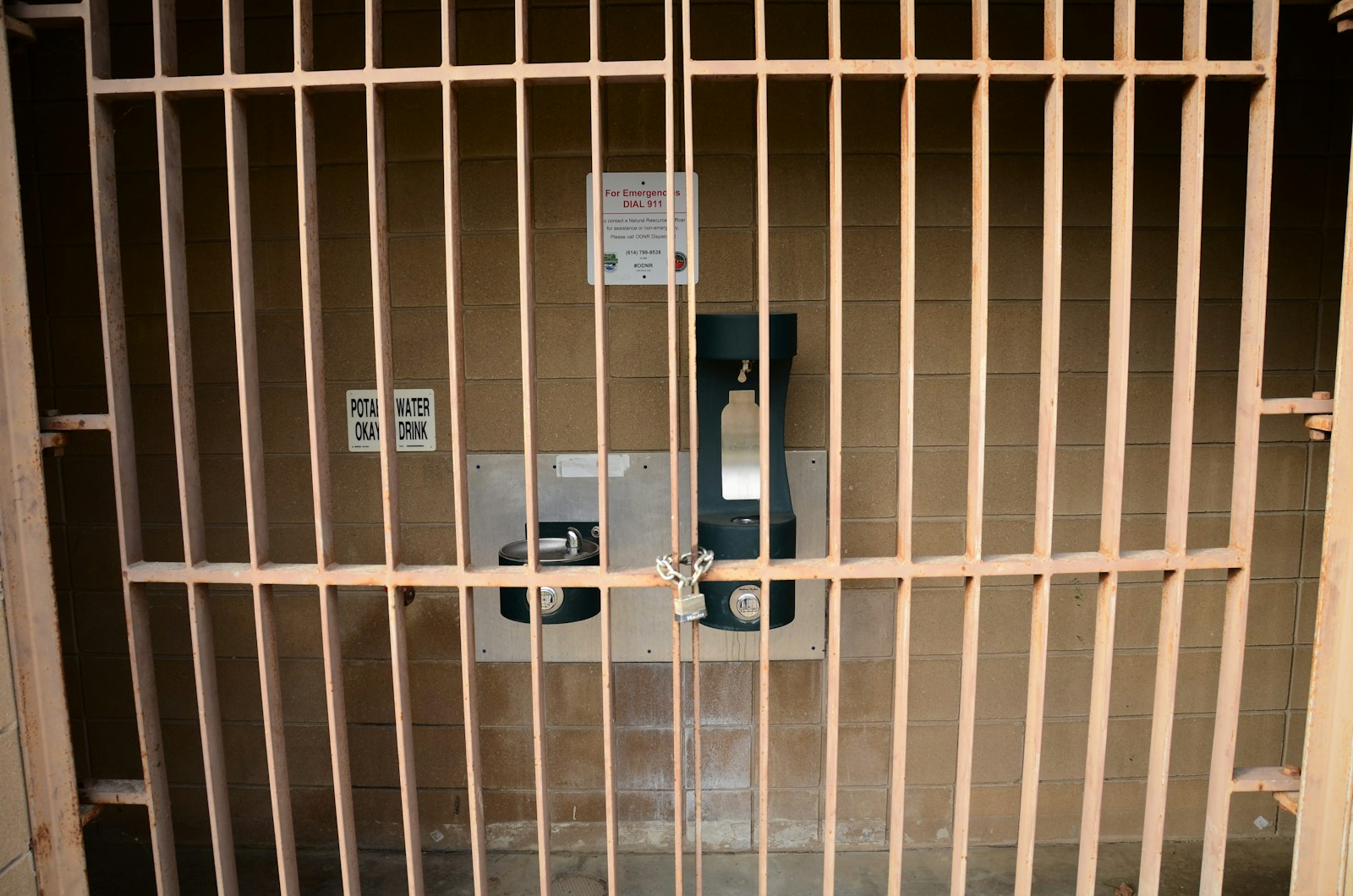Smartphone Usage: The Driving Force Behind Africa’s Digital Revolution
Across Africa, smartphones have evolved from luxury items into essential tools that shape daily routines, relationships, and economic opportunities. With Smartphone Usage reaching 98% penetration in 2025 among young urban Africans, mobile devices have become the primary gateway to the online world. Beyond simple communication, smartphones are now used for browsing the internet, banking, online learning, and business—all from the palm of one’s hand. This mass adoption has accelerated a digital revolution that is transforming how people interact, consume information, and engage with brands. In fact, smartphones are now responsible for powering the continent’s fast-growing social media culture, influencing politics, creating new job markets, and inspiring unprecedented levels of entrepreneurship.
Social Media Engagement Soars with Mobile-First Behavior
As Smartphone Usage rises, so does the influence of social media. An impressive 98% of users access platforms like WhatsApp, Facebook, and YouTube daily, spending between three to six hours scrolling, chatting, and sharing. Social media is no longer just a place for entertainment—it has become a critical source of news, education, and income. Influencers, micro-businesses, and ordinary users rely on smartphones to connect with audiences, market products, and engage in real time.
WhatsApp leads the charge as Africa’s most popular platform used for messaging, business catalogs, and group communication, while TikTok and Instagram are reshaping content consumption through short videos, trends, and viral challenges. This mobile-first behavior is driving new expectations for speed, authenticity, and interaction on digital platforms.
The Economic Power of Mobile Ads and Consumer Behavior
Social media advertising has become one of the most effective tools for brands across Africa, thanks to high Smartphone Usage and deep engagement levels. A remarkable 80% of respondents admit to purchasing products advertised on platforms, highlighting the growing trust in influencer marketing, sponsored content, and targeted campaigns. Businesses are capitalizing on this trend by launching mobile-friendly stores, using stories and live streams to connect directly with consumers. This shift toward social-commerce demonstrates how smartphones are not only changing communication habits but actively driving the region’s digital economy forward. At the same time, as users become more digitally savvy, they are demanding ethical advertising, secure payment methods, and personalized experiences—all delivered at their fingertips.
Smartphones as Tools for Education and Empowerment
One of the most significant impacts of Smartphone Usage is its role in democratizing access to information. In 2025, millions of Africans are using mobile devices not just for socializing, but for learning. Platforms like YouTube are a top destination for educational content—ranging from language tutorials to vocational skills. Even TikTok has seen a rise in how-to videos, career advice, and informal learning. This shift empowers users of all ages to self-educate, upskill, and even access remote work opportunities.
In rural communities, smartphones bridge the gap between remote learners and global knowledge, offering resources that were once only accessible to urban elites. Governments and NGOs are also leveraging mobile apps for literacy programs, health education, and youth development projects, further highlighting smartphones’ transformative potential in education.
Mental Health and Digital Well-being in a Hyperconnected World
As Smartphone Usage grows, so do concerns around mental health. While 60% of users in the GeoPoll study reported a very positive impact from social media on their well-being, 53% admitted to having taken breaks due to stress or burnout. Constant connectivity, comparison culture, and digital fatigue are real challenges.
Yet, many platforms are now incorporating wellness tools—like screen-time monitors, guided meditations, and mental health resources. Users are also curating their feeds more mindfully, choosing to follow content that inspires, educates, or relaxes rather than overwhelms. This evolution reflects a maturing digital culture where users are learning to balance the benefits of connectivity with the need for boundaries. Social media is no longer a mindless escape; it’s becoming a space for intentional interaction, reflection, and even healing.
Generational Trends: How Youth Are Redefining Digital Culture
In the African digital landscape, younger generations are the primary drivers of change. The 25–34 age group leads in Smartphone Usage and social media engagement, setting trends that ripple across the region. They’re not just consumers—they’re creators, entrepreneurs, and activists. Whether launching businesses on Instagram, sharing civic campaigns on Twitter/X, or building audiences on YouTube, young Africans are shaping the continent’s future in real time.
This generational shift also includes a new emphasis on authenticity and local culture, with content in native languages gaining popularity and reshaping digital identity. Moreover, as mobile internet access improves, this generation is pushing for better digital rights, online safety, and access to reliable information—turning smartphones into tools for both expression and social change.
Related: Explore digital trends on Mauritius Dig Monitor
The Rise of Business Through Social Commerce
Social commerce—buying and selling directly through social platforms—is booming across Africa due to widespread Smartphone Usage. With 64% of WhatsApp users engaging in business activities, mobile phones are empowering small enterprises, informal traders, and artisans to reach new customers. Facebook and Instagram offer powerful tools for product showcases, while features like stories, live videos, and group chats make interaction more personal and immediate.
Users are increasingly using their smartphones as mobile storefronts, leveraging apps to manage inventory, receive payments, and coordinate deliveries. This shift has also fueled innovation in mobile fintech, with more Africans using e-wallets and mobile banking than ever before. Social media is no longer just for networking—it’s a vital driver of local economies and livelihoods.
Platform-Specific Behavior: A New Digital Map
Each social platform has carved out a unique space in the African mobile ecosystem. WhatsApp dominates for daily communication, YouTube for entertainment and learning, Facebook for news and community, and TikTok for trends and creativity. Meanwhile, LinkedIn supports career growth, and Twitter/X fuels real-time debate. Snapchat and Pinterest cater to visual storytelling and inspiration, while emerging platforms like Threads are finding niche audiences.
This diversity reflects the multifaceted nature of Smartphone Usage, where users switch between platforms based on intent and context. Brands, NGOs, and governments are also adapting, using each platform strategically to engage users, spread awareness, and offer services. Understanding these behavioral patterns is crucial for anyone looking to connect meaningfully with Africa’s digitally empowered population.
Bridging the Digital Divide With Smart Insights
GeoPoll’s 2025 survey sheds light on how smartphones continue to narrow the digital divide across Africa. Despite lingering inequalities in infrastructure and affordability, mobile technology is enabling real-time feedback, audience targeting, and localized research. These insights are invaluable not just to marketers, but to educators, health agencies, and policymakers who seek to understand and serve diverse populations. As the digital landscape evolves, data-driven decisions are more critical than ever. Tools like GeoPoll’s AI-powered TuuCho platform offer organizations a way to track behavior, spot trends, and respond quickly to changing needs. This is the future of development: agile, inclusive, and built on the back of robust Smartphone Usage and digital connectivity.
Read more from DataReportal’s Global Digital Report 2024
Looking Ahead: What the Future of Smartphone Usage Holds
With Smartphone Usage near universal among Africa’s youth, the next evolution is already in motion: artificial intelligence, 5G connectivity, and augmented reality are poised to radically transform how people interact online. Faster speeds and smarter devices will make mobile payments, virtual classrooms, and telemedicine more accessible than ever before. Brands, governments, and educators must now shift from merely being present on social media to delivering personalized, immersive, and responsible digital experiences. As platforms become more intelligent, users will expect real value—whether earning income, learning new skills, or making informed choices. This creates endless opportunities for innovation, but also demands strong investment in infrastructure, digital literacy, and privacy protections.
Conclusion: A Connected Continent on the Rise
In 2025, Africa’s digital journey is clearly being powered by soaring Smartphone Usage and deep social media engagement. From education and mental health to commerce and culture, the impact of mobile technology is reshaping every aspect of life. The continent’s young, dynamic population is driving this transformation, turning smartphones into tools of empowerment, creativity, and growth. As adoption spreads and technology evolves, the region is set to cement its place as a global leader in mobile-first innovation—redefining what it means to be connected in the 21st century. The story of Africa’s online future is no longer emerging—it’s already here, unfolding one swipe at a time.




